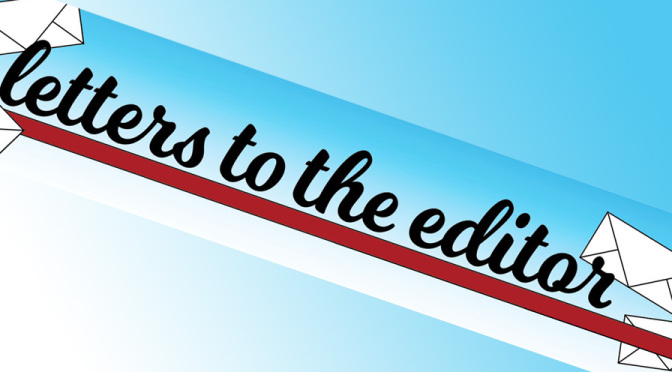
WTMD must carry torch
I had the pleasant experience last month of driving home to visit family in the Midwest. As I motored to and from my folks’ place, going through Ohio and Indiana, I listened to whatever was available on the radio and was happy to hear content from most of the East Coast.
A lot of familiar NPR affiliates’ call letters were there. WGBH in Boston contributed a couple of news shows. WHYY and WXPN in Philadelphia gave me some celebrity interviews and world music, respectively. WNYC served up some science and media analysis. Washington’s WAMU was absent, but I trust that they will be back on the national airwaves once they come up with an eventual replacement for the spasmodically dysphonic voice of Diane Rehm, who has now retired. (Additionally, WAMU’s former bluegrass holdings now form a sort of national-level content service, running on a dedicated website and managed by an independent board of directors.)
Notice any call letters missing from the list above?
If you said “anything at all from Baltimore,” you’re right. Among the “pack of five” large northeastern cities, Baltimore stands alone in its lack of apparent ability to get regular national radio exposure. The closest we’ve come in recent memory is when WYPR agreed to host the Marketplace education desk — a relationship that appears to have ended a few years ago. Since then, it’s as if “producing for syndication” has become a dirty phrase for public radio leaders in the region.
That leads me to my main question: Why is Baltimore public radio so bad and what can we do about it?
At first, WTMD seems like an unlikely candidate for the role of savior. It’s the youngest of Baltimore’s four public radio stations, and unlike the other three, it’s not based in the city.
But if you look at the habits and growth curves of the four stations in question, Towson starts seeming like the best place to stage a national debut.
Let’s examine the other candidates.
WEAA and WBJC are busy trying to get people to like jazz and classical music, respectively. (I actually like both, but I realize that this is mostly a losing cause.)
WYPR, meanwhile, is run by leaders so lazy that they can’t be bothered to follow basic ethical broadcasting guidelines, handing over the microphone to sponsors in exchange for a little cash. And even with that blatant cash-grabbing, they still can’t seem to put together anything worthy of syndication.
Meanwhile, WTMD has been growing rapidly, putting on increasingly large concerts, reaching out into the region’s arts scene and hiring talent from the would-be commercial competition. They have successfully followed WXPN’s model of focusing on live events, local talent and unique sounds.
Throw in bits of bonus creativity and bonus ambition, and they could really have something worth exporting.
That could mean making a nationally syndicated show focusing on high-brow hip hop — something that would be a first for NPR, to my knowledge. It could also mean a partnership with nearby Sinclair Broadcasting or the Baltimore Sun’s parent company in order to make something happen in the news sphere.
It could mean a lot of things, but before any big change occurs, an impetus from leaders has to be present. The people who run the station will ideally sit down soon with members of the community and brainstorm until they come up with something that they like. If that works, I might be able to listen to something from Baltimore the next time I’m driving past Cleveland.
I have faith in WTMD. They’re our best hope right now.
Bara Richter is a Baltimore County resident. To submit a letter or commentary, please email editor@thetowerlight.com and include “Letter” in the subject line.

